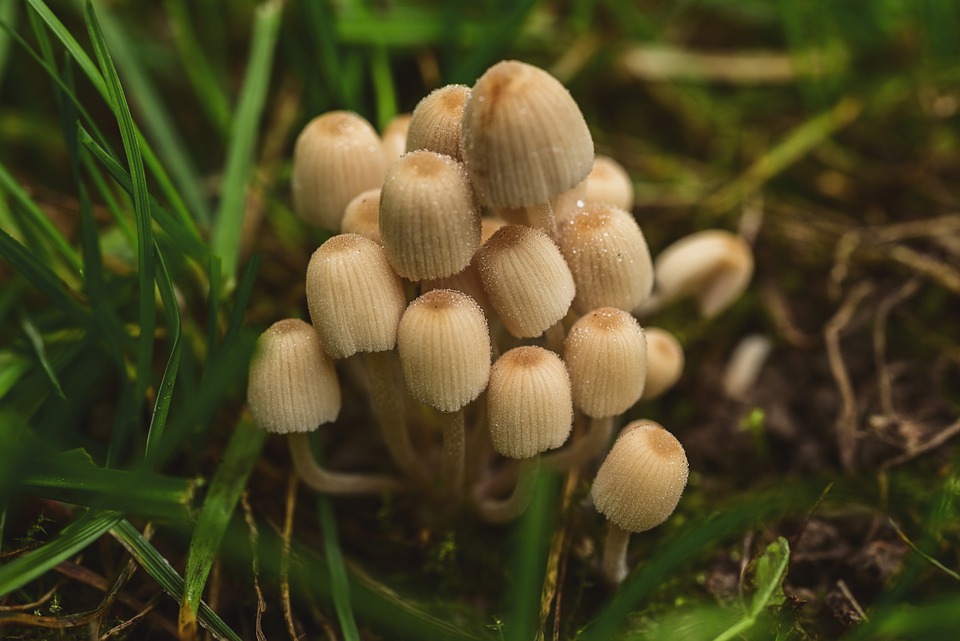From Soil to Stomach: Why Sustainable Agriculture Matters to Your Health
As someone who has spent years living off the grid, sustainable farming and gardening have become a way of life for me. I’ve experienced firsthand the benefits of growing my own food, from the joy of tending to my garden to the satisfaction of enjoying a delicious, homegrown meal. But beyond the simple pleasures of gardening, sustainable agriculture plays a critical role in promoting our health and well-being. In this article, we will explore the important connections between sustainable farming and our health, and why it’s important to pay attention to where our food comes from.
The impact of sustainable agriculture on our health is significant, and it all starts with the soil. Sustainable farming practices focus on nurturing the soil, rather than depleting it. This means using organic fertilizers, compost, and other natural methods to maintain soil health and fertility. By avoiding harmful chemicals and pesticides, sustainable farmers are able to produce food that is not only healthier for the environment, but also for our bodies. When we consume food grown in healthy, nutrient-rich soil, we are providing our bodies with the essential vitamins and minerals needed for optimal health.
One of the key benefits of sustainable agriculture is the emphasis on biodiversity. By growing a variety of crops and incorporating companion planting techniques, sustainable farmers are able to create ecosystems that support a wide range of plant and animal life. This biodiversity has a direct impact on our health, as it promotes the consumption of a diverse range of nutrient-dense foods. Studies have shown that a diverse diet, rich in fruits, vegetables, and whole grains, is essential for maintaining a healthy immune system and preventing chronic diseases such as obesity, diabetes, and heart disease.
In addition to promoting a diverse diet, sustainable agriculture also supports the ethical treatment of animals. By providing animals with access to open pasture and natural grazing, sustainable farmers are able to produce high-quality, humanely raised meat and dairy products. This not only benefits the animals, but also ensures that we are consuming food that is free from harmful additives and antibiotics. When we choose to support sustainable farming practices, we are making a conscious decision to prioritize our health and well-being, as well as the welfare of the animals we consume.
Pro Tip: When shopping for meat and dairy products, look for labels that indicate the animals were raised using sustainable and humane practices. This includes certifications such as “Certified Humane” and “Animal Welfare Approved.”
Another important aspect of sustainable agriculture is the focus on reducing food waste. By growing food locally and implementing efficient harvesting and distribution methods, sustainable farmers are able to minimize the amount of food that goes to waste. This not only reduces our environmental impact, but also ensures that more healthy, nutritious food ends up on our plates. When we support sustainable agriculture, we are contributing to a more efficient and sustainable food system, which directly benefits our health and the health of the planet.
Sustainable agriculture also plays a critical role in addressing climate change and protecting our environment. By prioritizing the use of renewable energy sources, reducing carbon emissions, and implementing conservation practices, sustainable farmers are able to minimize their impact on the planet. This has far-reaching implications for our health, as a healthy environment is essential for the production of clean air, water, and food. When we choose to support sustainable agriculture, we are taking a proactive step towards safeguarding the health of future generations.
Pro Tip: Get involved in your local community garden or farmer’s market to support sustainable farming practices and connect with like-minded individuals who share your passion for healthy, sustainable living.
In conclusion, it’s clear that sustainable agriculture plays a crucial role in promoting our health and well-being. From nurturing healthy soil to promoting biodiversity, ethical treatment of animals, and reducing food waste, sustainable farming practices have a direct impact on the quality of the food we consume. By supporting sustainable agriculture, we are not only investing in our own health, but also in the health of the planet. It’s time to recognize the important connections between sustainable agriculture and our health, and make conscious choices that support a more sustainable and healthy food system. After all, our journey from soil to stomach begins with the choices we make today.



